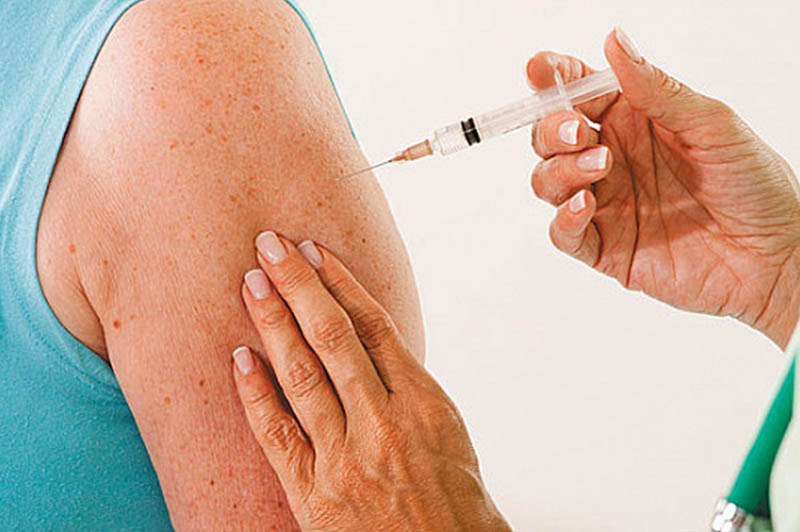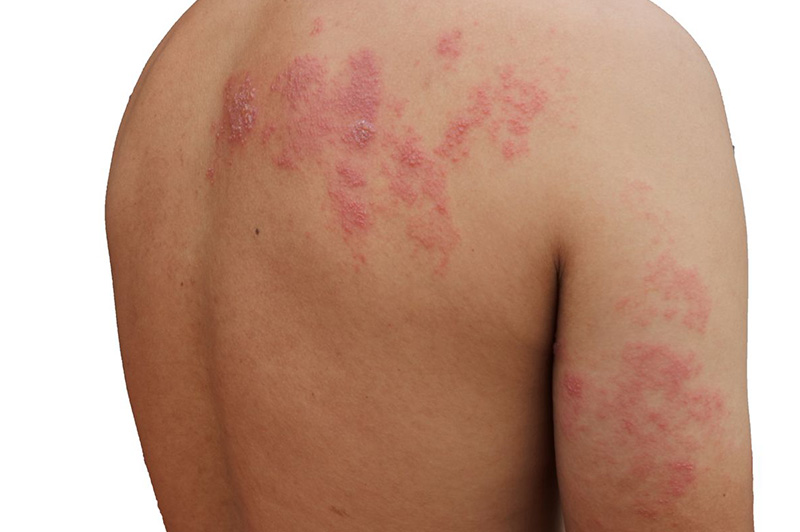
Shingles - Series 4
(Preventions)
The discomfort of having hot spicy pepper on your lips when having a spicy meal is somewhat bearable as it stops after a few minutes. Imagine the same burning pain on a larger area of your skin that persists for hours to days. That’s the kind of pain that comes with a shingles rash. In some instances, the pain remains long after the rashes have healed.
Fortunately, you can prevent this by avoidance of infection with the Varicella zoster virus (VZV), vaccination, or early treatment of shingles. This is the last article in the shingles series, emphasising the prevention of shingles.
How can one avoid contracting shingles?
You can contract chickenpox from a person with shingles if you have never had chickenpox. You only get shingles from an individual with shingles if you have had chickenpox in the past. The virus that causes shingles, VZV, causes chickenpox first.
You can take these measures to avoid getting it from a close family member or contact.
- Please avoid contact with the rashes when it is oozing fluid. This is when it is most infectious
- Avoid sharing utensils, particularly with someone who has jaw/mouth shingles
- Do not share eyeglasses or make-up kits with individuals who have facial (ophthalmic) shingles rashes
- Isolate infected persons in institutions such as boarding schools to avoid an outbreak
However, if you have to care for or be in close contact with an individual with shingles, you can get immunoglobulin. Immunoglobulin injection contains antibodies against the infection so that you do not get infected when exposed to the fluid.
Prevention of shingles
Since you can only get shingles if you have had chicken pox, you can prevent shingles by not getting chickenpox.
Getting chickenpox confers immunity against another VZV infection for a long time. But it does not protect you from getting shingles. However, the VZV vaccine protects you from both chickenpox and shingles.
Chickenpox vaccine given from 12 months old; is not part of the free immunisation schedule in Nigeria but is available at a cost in health centres. You can give your child to protect them from the disease. Prevention is better and cheaper than cure
How to know if you are at risk of getting shingles
Many adults who get shingles had chickenpox in childhood. A lot of people may not be able to recall whether or not they had chickenpox as children. You can find out through a blood test.
After a bout of chickenpox, your body produces antibodies that protect you against another infection. These remain in your blood for at least 20 years. It shows you have been infected in the past and have become immune to the virus.
Therefore, testing positive for these antibodies means you have had chickenpox before.
Can you avoid shingles even when you have had chickenpox?
Yes, you can. Two types of shingles vaccine are available. Each has its pros and cons. The vaccines protect against shingles, so you can get either of them if you have had chickenpox or shingles. However, you cannot take the vaccine while you have the rashes, as it may worsen the symptoms. The vaccines also protect against post-herpetic neuralgia, the most common complication, particularly in the elderly.
Zostavax is a live-attenuated Varicella zoster vaccine and should be taken only once. It contains a weaker version of the virus that can barely cause severe infection but prompts the immune system to react by producing antibodies. This type can cause severe disease in those with a weakened immune system. It is not available in countries like the United States.
Shingrix is a recombinant zoster vaccine (RSV) recommended for adults from the age of 50 years. It should be taken twice, at two to six months intervals.
Shingrix is recommended for adults between 19 and 49 who have weak immunity. A weakened immune system may result from a disease such as HIV or therapy such as steroids. The shingles vaccine, shingrix, confers better protection to those with low immunity and the elderly.
In conclusion, shingles can cause disabling pain that is difficult to eradicate completely. It would be best if you prevented it through vaccinations.






